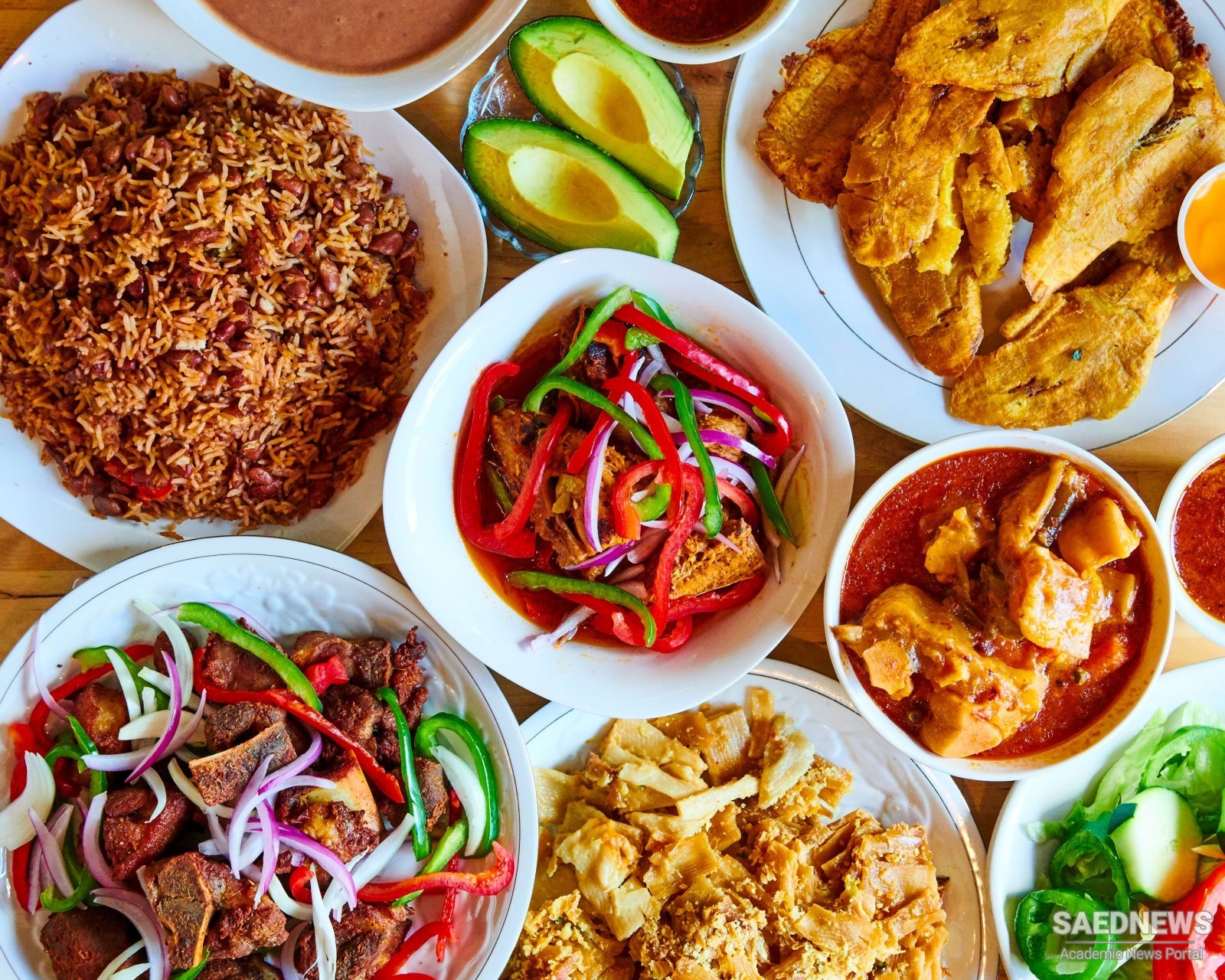Appearance offers no more than clues to acceptability. As Proust’s emblematic encounter with his memorable cookie impressed upon the Western literary imagination, we easily miss what is right in front of our eyes. The sight of the madeleine that late winter afternoon told the Proustian narrator nothing; it triggered no memory. Not until he actually tasted the cookie dipped in tea could he fix the gustatory experience and connect it to his life. It is just this discrepancy between external appearance and internal reaction that turns eating into such an intense enterprise. Again, as the Proustian example reminds us, the discordance between seeing, tasting, and memory is one of the reasons sensory experience needs translation into an idiom that encompasses rather than separates. The cornerstone of culinary discourse and the discipline that it represents is cuisine—the code that structures the practice of food and allows us to discuss and to represent taste. Cuisine places culinary practices in a social context by sharing the experience of taste in an idiom that allows articulation of the present and reproduction in the future. Because they allow us to conceptualize cuisine theoretically as a code and to analyze it empirically as a set of practices, gastronomic words matter as much as culinary deeds. Cuisine specifies the conditions between the general and the particular as it negotiates the gap between collective taste and idiosyncratic tastes. Above all, by socializing appetite and taste, cuisine turns the individual relationship with food into a collective bond. Accounting for Taste argues that the central place of French cuisine in the West for some three hundred years is very much a function of the extent and depth, the prestige and authority, of the culinary discourse that it sustains and by which it is amplified, magnified, glorified, and spread.


 Culinary Discourse and Reader-Diner: Eternalization of Transitory Experience of Taste
Culinary Discourse and Reader-Diner: Eternalization of Transitory Experience of Taste














































